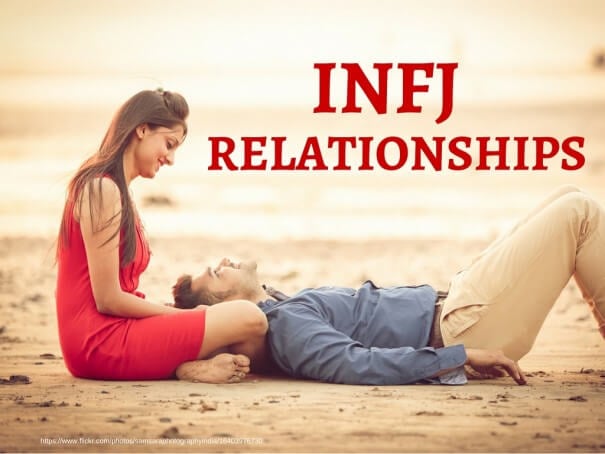Why is it so much easier to connect with some people than others?
When it comes to dating, it’s a rare and beautiful thing to come across someone new and instantly feel a connection.
But after that initial connection, it is important to understand your partner's personality type in order to get involved in a deep and meaningful relationship with that person.
For example, if you are an extrovert, there are a few things that you need to know about dating an introvert.
I'm an introvert myself, and believe me, having an understanding of this personality type can definitely help you out in the long run.
Introversion is a personality trait that describes people who tend to pay more attention to their internal thoughts and feelings than any external stimuli.
While introverts and extroverts are often portrayed as being extreme opposites, the truth is that everyone is on a spectrum, and most people are not on the extreme of one trait or the other.
Introversion is not the same as shyness, contrary to common assumption. It is more about one's focus on internal thoughts.
Carl Jung was a Swiss psychiatrist whose work has also been influential in anthropology, archaeology, religion, literature, and philosophy.
Jung introduced the concept of archetypes which he believed to be tendencies that people are born with that influence their behavior.
According to Jung, an introvert is comfortable with their inner thoughts and feelings, so they view the world in terms of how these thoughts and feelings impact them.
Extroverts feel more comfortable with the world of stimuli, objects, and other people, and are therefore more concerned with their effect on the world.
While introverts may prefer to alone time because this is how they recharge, extroverts get their energy from being around other people.
Jung noted that while few people are completely extroverted or introverted, everyone connects to one attitude a little bit more than the other.
Read More






